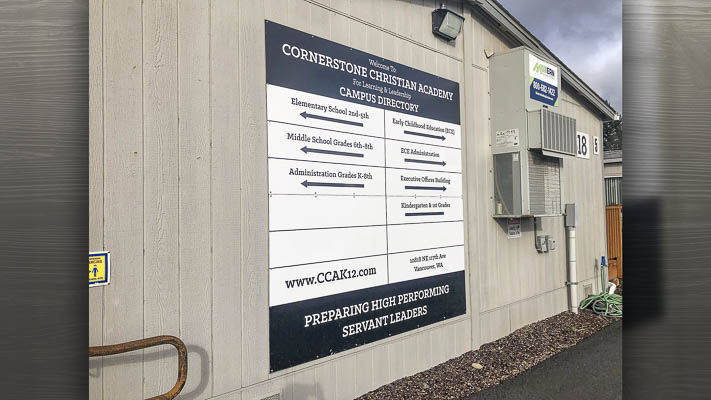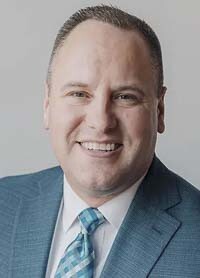
Chris Cargill of the Mountain States Policy Center provides details of the analysis provided by the Education Psychology Review’s new research
Chris Cargill
Mountain States Policy Center
Another anti-choice argument has fallen.
New research from the Education Psychology Review indicates students who attend private and parochial schools perform much better when it comes to obtaining well-rounded civics knowledge.

Analysts looked at four different categories to make their determination:
- Political tolerance – an individual’s willingness to respect the rights and opinions of people who are different from them
- Political participation – a person’s willingness to engage in the activities of self-government
- Civic knowledge and skills – a set of understandings and abilities widely viewed as conducive to self-government
- Voluntarism and social capital – one’s involvement in activities that benefit the broader community and the depth of one’s community attachments
The meta-analysis looked at the results of more than 60 studies from across the globe. In total, the data shows many more positive than negative results.
“Religious private schooling, particularly, is strongly associated with positive civic outcomes. The evidence is especially strong that private schooling is correlated with higher levels of political tolerance and political knowledge and skills. We discuss heterogeneities, robustness checks, and implications.”
Some claim that, because public schools are government controlled, they can do a better job at producing civics outcomes. In fact, those opposed to school choice have often used this argument, saying that choice would “destroy democracy.”
But civics education has been downright disastrous in the United States, especially over the past decade. The 2022 testing released by the National Assessment Governing Board showed only 22% of eighth graders were proficient in civics.
A well-rounded education is about more than just test scores. Schooling has a critical role to play in nurturing an informed, tolerant and democratic citizenry.
Are public schools meeting that standard?
Also read:
- Opinion: Courts blocking the Kroger-Albertson merger won’t stop consumers from making choicesPaul Guppy of Washington Policy Center critiques judicial rulings that block the Kroger-Albertsons merger, citing changing consumer trends and potential job losses.
- Opinion: Workers need money — and the many other gifts work can bringElizabeth New Hovde discusses the value of work, its benefits for workers and employers, and its impact on personal growth.
- How Should Washington Taxpayers Handle TriMet’s Proposed Light Rail Costs? Share Your Thoughts!C-TRAN Board reviews TriMet’s proposal for Washington taxpayers to fund 45% of light rail operating costs, sparking local debate.
- Opinion: Get ready for the 2025 legislative sessionNancy Churchill emphasizes the importance of citizen participation as the 2025 Washington legislative session begins.
- Opinion: Thousands of Republicans didn’t vote. Why?Amboy resident Thomas Schenk discusses low Republican voter turnout and election concerns in Clark County.










